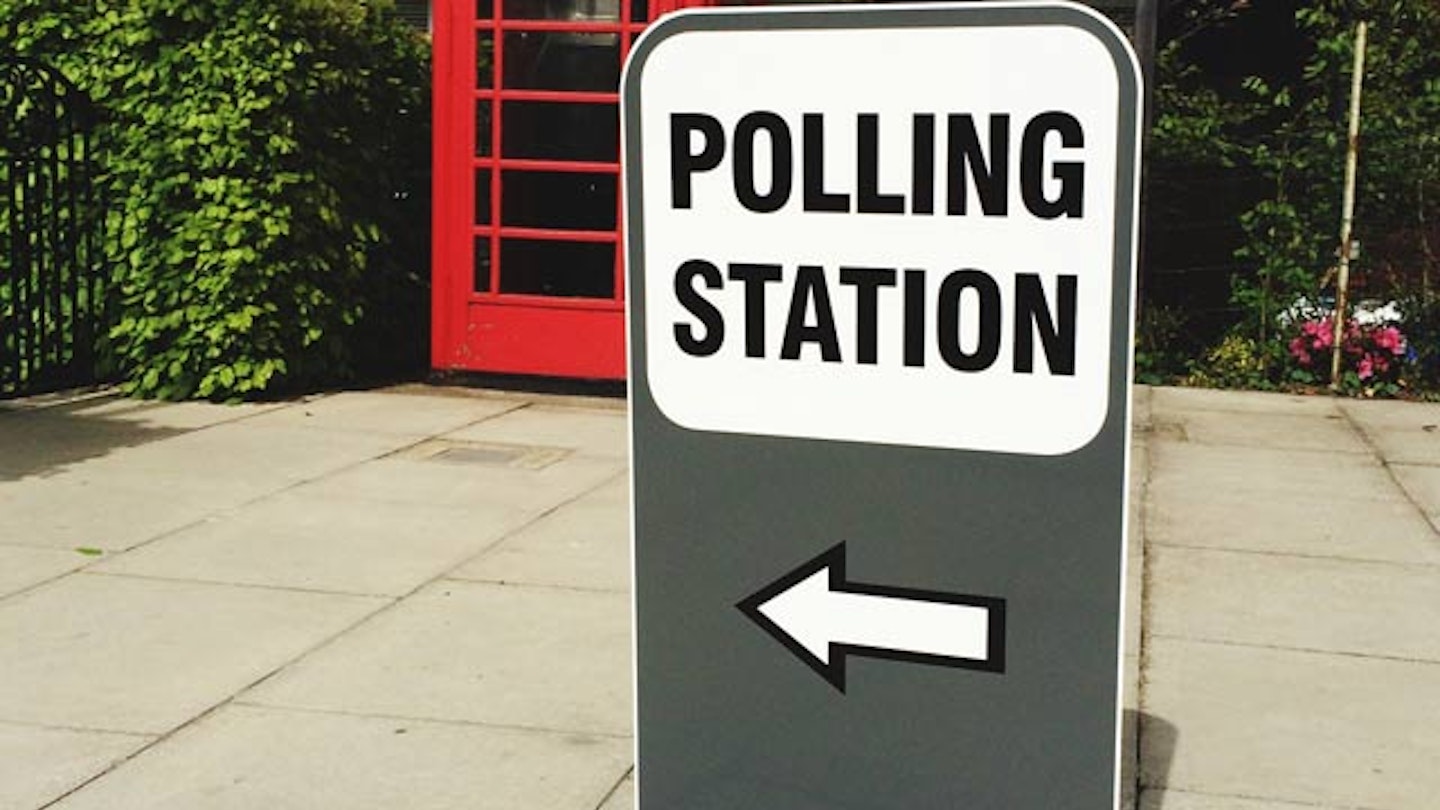When Britons head out to polling stations across the United Kingdom to cast their votes in the general election, it’s always on a Thursday, and has been so since the 1930s – despite the fact that this is arguably less convenient for those with tight work schedules. But why is this the case in the UK?
Before 1918, a general election could actually be held across several days, with different constituencies across the country visiting the polls on different days. Staggering the vote in this way, however, was thought to sway things unfairly, with the outcome in one constituency potentially influencing that in another to create a ‘bandwagon’ effect. So, in 1918 the Representation of the People Act narrowed down the window for polling to one day (typically open from 7am until 10pm).
Since then, every major election has been held on a Thursday, with 1918, 1922, 1924 and 1931 the only exceptions; in 2011, the Tories introduced the Fixed-Term Parliaments Act, which stated that general elections should be held on the first Thursday in May at five year intervals (though, as we’ve found out, there are some provisions which can trigger a so-called ‘snap’ election, like the one being held today).
But why was Thursday selected? As it turns out, there isn't one correct answer, just a handful of theories. If the vote was set for a Friday, which was pay day, workers were likely to head to the nearest pub (some things never change), where they might be persuaded into voting Conservative by Tory brewing interests. If they voted on Sunday, after attending Church, they might be swayed by the views of their local preacher, who was more likely to be a Liberal.
Thursday was thought to be the weekday 'furthest' away from these influences, allowing voters to make up their own minds in the mean time. It was also typically market day, meaning that people were more likely to be in town and thus in closer proximity to a polling station.
While things have certainly moved on (weekly pub traditions aside) since this pattern first emerged, it seems that the British have unconsciously adopted an 'if it ain't broke, don't fix it' attitude to election day.
Of course, what really matters today is that you go out, cast your vote and make your voice heard in this snap general election.
READ MORE: Eight Ways To Overcome Political Apathy In This Snap General Election
READ MORE: The Pros And Cons Of Voting Tactically In This Snap General Election
READ MORE: Could These Challengers Topple Theresa May's Election Tactics?
